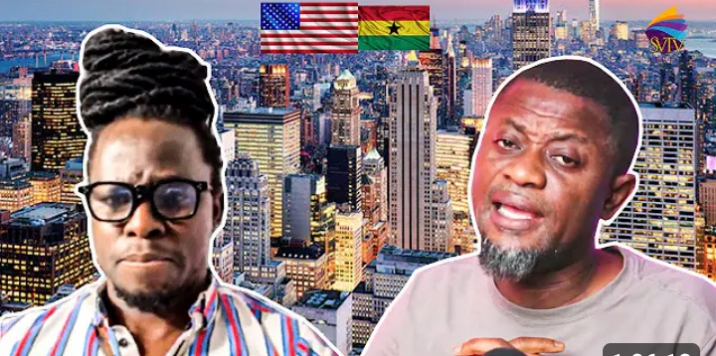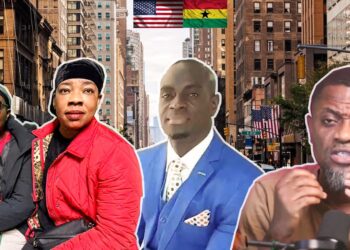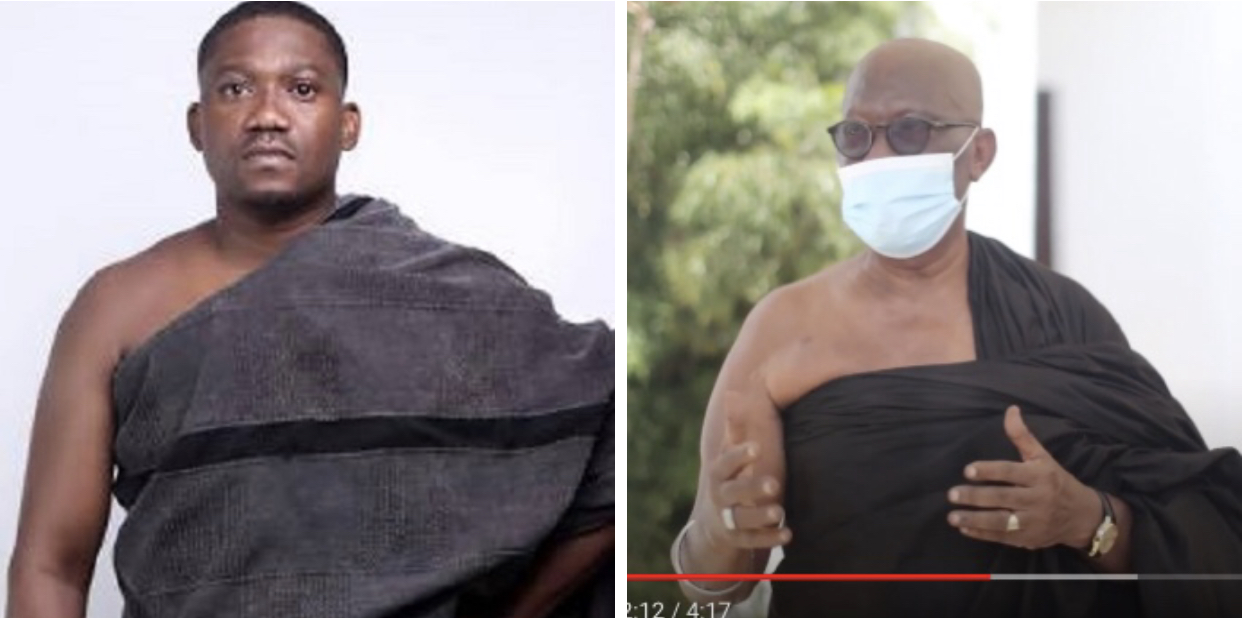Popular influencer and radio presenter Odehyieba, who is based in the USA, appeared once again on SVTV Africa’s Daily Hustle Worldwide show with DJ Nyaami. During the interview, he emphasized that the world is changing rapidly, and people need to upgrade themselves and adapt to meet the pace of transformation.
According to him, rapture and disappearance of humans is not the real issue—what truly shapes the world are ideas. He argued that superstition and blind belief systems do not solve problems. Instead, people who apply critical thinking and innovation end up dominating the world.
He explained that many developed countries like China and the Arab nations are not led by superstition but by knowledge and strategic thinking. For example, while some Ghanaians may only “believe” they can reach Accra without taking action, others invent cars, machines, and systems that actually take them there. Belief without effort, he warned, achieves nothing even in a thousand years.
Odehyieba criticized the lack of critical thinking in Ghana, saying it has left the country stagnant despite opportunities to progress. Roads and infrastructure remain underdeveloped, and leaders continue to justify incompetence with superstition and so-called generational curses. Ignorance, he said, has become the order of the day, and political positions are often handed to unqualified people.
He also condemned harmful practices such as galamsey (illegal mining), which poisons water bodies with chemicals without consideration for future generations. Drawing lessons from history, he referenced the Chinese revolution, where leaders wiped away weak-mindedness and built a nation of critical thinkers, eventually positioning China as a world power within 70 years.
Today, Odehyieba observed, prophets in Ghana mislead leaders by claiming to foresee deaths and disasters, while pastors and spiritual “fathers” influence national decisions. He stressed that Ghana’s leadership is too superstitious, and if the country were serious about development, it would implement laws to regulate pastors and reduce the negative impact of blind religious influence.

















